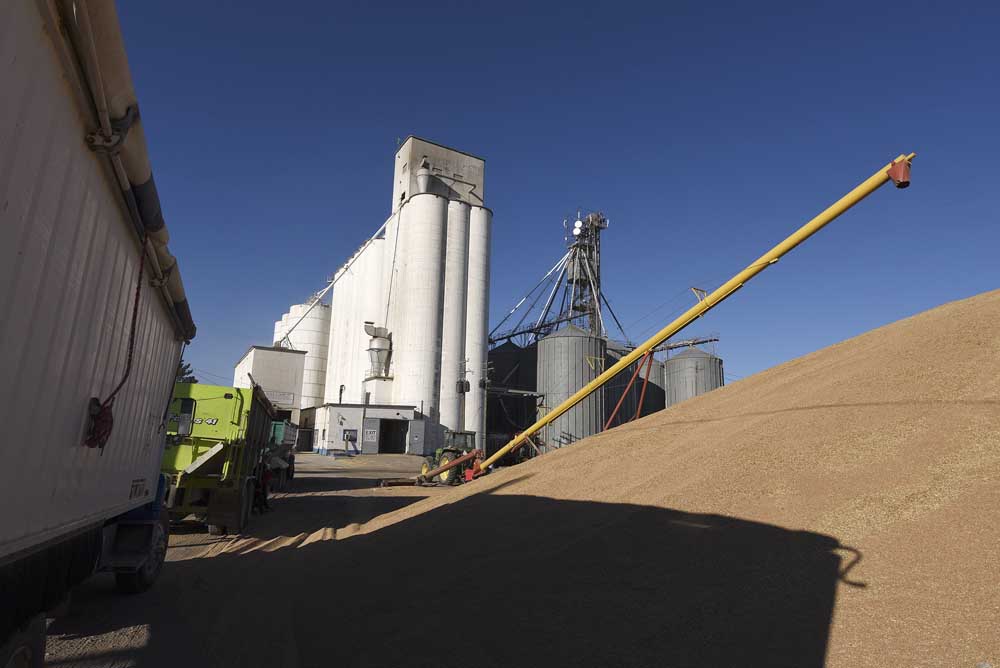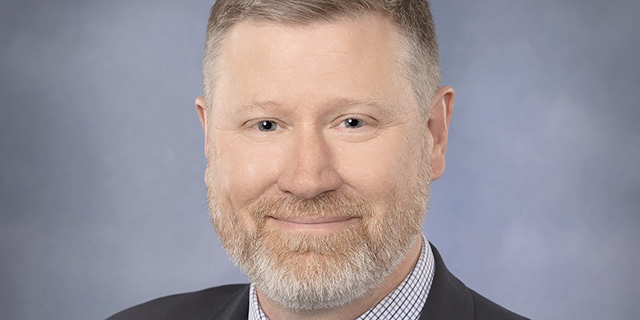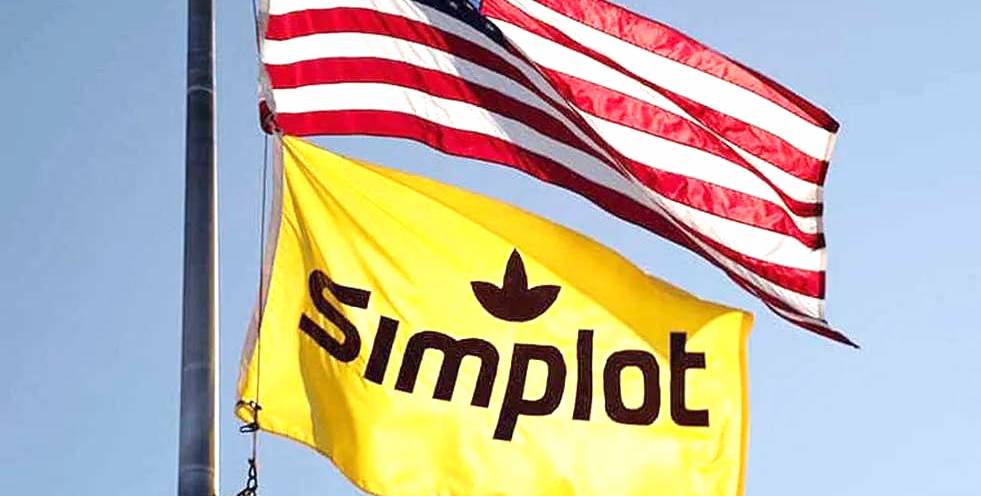Thresher Artisan Wheat finds new investors
Published 4:39 am Thursday, December 24, 2015

- Thresher Artisan Wheat finds new investors
The parent company of Thresher Artisan Wheat, a major buyer of Eastern Idaho grain, recently completed a financial restructuring that corporate officials anticipate will lead to new acquisitions and investments in the region.
Trending
Kansas-based Agspring has undergone a process known as recapitalization, which officials say should provide long-term stability for Thresher and the holding company’s three other subsidiaries.
“I am pleased with what the Agspring recapitalization means for our growers, agribusiness partners and downstream customers,” said Thresher CEO Don Wille. “Agspring and Thresher are very committed to the long-term growth of agriculture in the Idaho region.”
Bradford Warner, vice president of marketing with Agspring. explained the company was founded in 2012, backed by private equity from a fund dealing with natural resources. He said the investors were interested in selling their stake and earning a return after a few years. Agspring has found new investors who plan to remain involved over the long term, Warner said. They’re led by American Infrastructure MLP, a group that focuses on infrastructure holdings.
Trending
“Agspring is their first move into agriculture. That has been an interest of theirs for a long time,” Warner said. “Their whole basis is being pretty diverse.”
Thresher was formed in 2014 after Agspring acquired General Mills’ Eastern Idaho grain handling infrastructure. Warner said Thresher recently completed major overhauls to its grain elevators in Blackfoot, American Falls, Rockford and Newdale, as well as to the Moreland grain elevator, which it acquired in March. The projects increased Thresher’s regional grain handling capacity by nearly 2.5 million bushels, and have improved the efficiency of unloading for growers, Warner said.
“In many ways, we’re powered up with the right amount of capital to invest where we need to do it,” Warner said. “We’re prepared to grow in this segment for a long time.”
Warner believes Thresher’s model is unique, and should be enticing to local wheat supply-chain businesses that are interested in significant growth but wish to retain their local management and control after being acquired.







